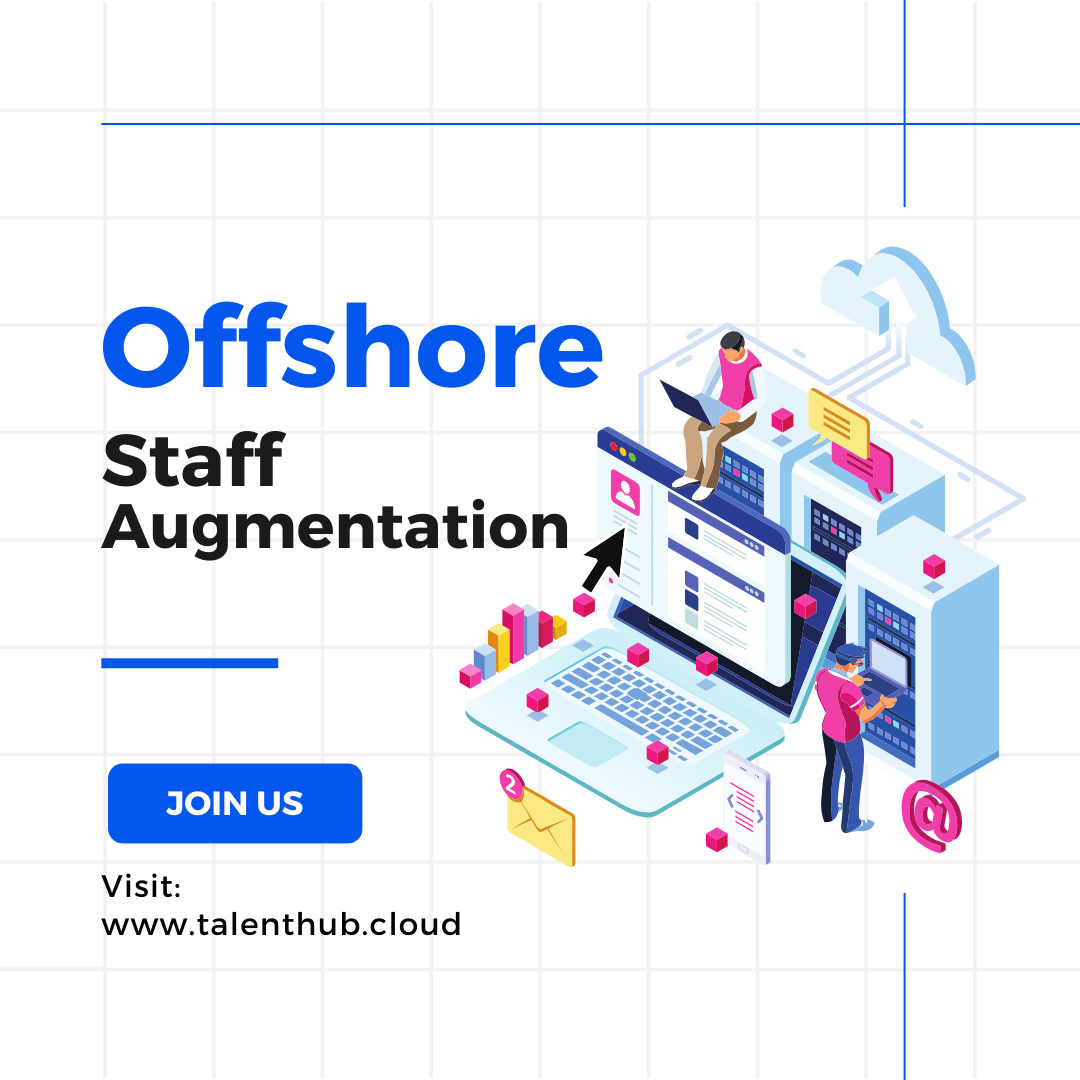Introduction
In the tech world, technical interviews can pose a unique challenge. They assess not just your technical skills and knowledge, but also your problem-solving abilities, thought process, and communication skills. Here are key strategies and tips to prepare and shine in your next technical interview.
Understanding What the Employer is Looking For
To excel in a technical interview, it's crucial to align your approach and answers with the specific needs and values of the employer. This requires a deeper understanding of several key aspects:
-
Company Research: Start by thoroughly researching the company. Visit their website, read through their blog posts, press releases, and any recent news articles. Understand their products, services, and client base. This will give you a sense of their market position and business goals.
-
Technology Stack and Projects: Gain a clear understanding of the technologies the company uses. Are they a Java-heavy organization, or do they rely on Python? Do they use cloud services like AWS or Azure? Knowing this will help you to speak knowledgeably about how your skills and experience align with their technology stack. Additionally, familiarize yourself with the key projects or products the company is working on. This information can often be found on their website, in case studies, or tech blogs.
-
Role-Specific Requirements: Analyze the job description in detail. What technical skills and programming languages are they looking for? What kind of experience is required? Understanding these will help you to emphasize relevant skills and experiences during your interview.
-
Company Culture and Values: Understanding the company’s culture is just as important as understanding its technology. What are their core values? How do they describe their work environment? You can often find clues about the company culture on their careers page, in employee testimonials, and on their social media channels. This knowledge will help you in answering behavioral questions in a way that resonates with their values.
-
Competitors and Industry Trends: Having a broader understanding of the industry in which the company operates, including their main competitors and general industry trends, can provide a context for your interview conversations. This shows that you have a comprehensive understanding of the environment in which the company operates.
-
Recent Achievements or Challenges: If the company has recently been in the news for a major achievement or faced a significant challenge, it can be useful to reference this in your interview. This shows that you are up-to-date and engaged with what’s happening in the company.
Technical Proficiency

Brush Up on the Basics
Ensure you have a solid understanding of the fundamentals in your area of expertise, whether it's software development, data analysis, cybersecurity, etc. Review key concepts, algorithms, and data structures.
Practice Coding Problems
In the realm of software development and related fields, coding challenges are a common part of the interview process. These challenges are designed to assess your coding skills, problem-solving ability, and sometimes even your time management skills. To prepare effectively:
-
Utilize Online Platforms: Engage with platforms like LeetCode, HackerRank, or CodeSignal. These sites offer a wide range of problems that mimic the types of challenges you might encounter in an interview. They cover various difficulty levels and programming languages, allowing you to practice in a way that closely aligns with your job aspirations.
-
Understand Problem-Solving Techniques: It's not just about getting to the right answer; it's about how you get there. Focus on understanding different algorithms and data structures, as these are often the key to solving coding problems efficiently. Learn about common problem-solving patterns like dynamic programming, backtracking, and divide and conquer.
-
Write and Test Your Code: Don’t just think through the problems; actually write out the code and test it. This practice will help you get comfortable with syntax and debugging under pressure. Remember, writing code on a computer is different from writing it on a whiteboard or in a shared document during a virtual interview.
-
Analyze Solutions: After solving a problem (or attempting to), review the provided solutions or community solutions if available. This can give you insights into different ways to approach a problem, optimizing your solution, or even learning more efficient methods.
-
Time Yourself: Many coding challenges are timed to test your ability to think and code quickly. Practice under timed conditions to get a feel for the pace you need to maintain during an actual interview.
-
Seek Feedback: If possible, have a peer or mentor review your solutions. They might offer a different perspective or tips to improve your approach and coding style.
Soft Skills

Effective Communication
Effective communication is a cornerstone of any successful interview, especially in technical roles where the ability to convey complex ideas is crucial. Here’s how you can enhance your communication during the interview:
-
Articulate Your Thought Process: When tackling a problem or answering a question, take the interviewer through your thought process. This doesn’t just mean stating your final answer or solution, but explaining the steps you took to get there. This approach shows your logical and analytical thinking and gives the interviewer insight into your problem-solving skills.
-
Handling Difficulties: It's common to encounter challenging questions or problems during a technical interview. If you find yourself stuck, don’t just stay silent or give up. Instead, verbalize your thought process. Explain what you understand about the problem, what you find challenging, and how you’re attempting to approach it. This openness can demonstrate your perseverance and ability to handle uncertainty.
-
Asking Clarifying Questions: If a question or problem is not clear, don’t hesitate to ask for clarification. This shows that you are thorough and want to ensure you understand the task correctly before diving in. It also demonstrates good communication skills, as seeking clarity is a crucial part of effective problem-solving in a professional setting.
-
Use Simple Language: Avoid jargon overload. While it’s important to use technical terms where appropriate, ensure that your language is clear and accessible. This is especially important if your interviewer is not a technical person. The ability to explain technical concepts in simple terms is a valuable skill.
-
Active Listening: Communication is a two-way street. Pay close attention to what the interviewer is saying. This will help you provide more accurate and relevant responses. It also shows respect and interest in the conversation.
-
Non-Verbal Communication: Be mindful of your body language. Maintain eye contact, nod to show understanding, and use hand gestures if that feels natural to you. These non-verbal cues can reinforce your engagement and enthusiasm.
-
Summarize and Conclude: When you reach the end of your answer or solution, provide a brief summary to tie everything together. This helps ensure that the interviewer has followed your thought process and understands your final point
Teamwork and Adaptability
Prepare examples of past experiences where you have worked in a team or adapted to changes. These skills are crucial in dynamic tech environments.
Interview Preparation

Conduct Mock Interviews
Practice with friends or use online platforms to simulate interviews. This will help you get used to the format and receive feedback.
Prepare Questions
Asking insightful questions during an interview is not just a way to gather information; it's also an opportunity to demonstrate your interest and engagement with the role and the company. Here are some tips and ideas for preparing effective questions:
-
Questions About the Role: Inquire about specific aspects of the job you're applying for. For example, ask about the day-to-day responsibilities, the technologies and tools you'll be using, or how success is measured in this role. This shows that you're thinking seriously about what it would be like to work in this position.
-
Challenges and Expectations: Ask about the main challenges you might face in this role. This can give you a clearer picture of what the job entails and shows that you’re not afraid to tackle difficulties. You can also ask about what the company expects from someone in this position within the first six months or a year.
-
Professional Development: Inquire about opportunities for growth and learning within the company. This could include training programs, conferences, or any other professional development resources. Questions like these demonstrate your desire to grow and your commitment to your career.
-
Company Culture and Values: Understanding the company's culture is crucial. Ask questions that give you insight into the work environment, the team dynamics, and the company's values. For instance, you might ask about how the company fosters teamwork and collaboration or how it supports work-life balance.
-
Future Prospects: Show interest in the company's future by asking about their upcoming projects, expansion plans, or new technologies they plan to adopt. This indicates that you’re thinking long-term and are interested in how you can contribute to the company’s growth.
-
Feedback and Evaluation: Inquire about how the company assesses and provides feedback to its employees. Understanding their evaluation process can give you an idea of how the company values and supports its employees' growth and performance.
-
Your Interviewer’s Experience: Asking your interviewer about their personal experience with the company can provide valuable insights. For example, ask how long they’ve been with the company and what they enjoy most about their role. This can help build a personal connection and give you a more candid view of the company.
-
Next Steps: Conclude by asking about the next steps in the interview process. This shows that you’re eager to move forward and are serious about the opportunity.
.
During the Interview

Stay Calm and Methodical
Approach technical problems methodically. Break down the problem into smaller, more manageable parts. If you feel nervous, take a moment to breathe and reorganize your thoughts.
Be Honest
If you don't know something, it's okay to admit it. You can explain how you would approach learning that skill or knowledge.
Conclusion
Technical interviews are an opportunity to showcase not just your technical abilities but also your capacity to communicate, problem-solve, and adapt. With proper preparation, you can turn any technical interview into a successful experience and potentially an exciting job offer. Remember, the key is in preparation, practice, and the ability to show your passion and aptitude for the role. Good luck!
Share this
You May Also Like
These Related Stories

Avoid these 10 Hiring Mistakes to Find Top Software Developers

Effective Vetting Procedures For Offshore Staff Augmentation


No Comments Yet
Let us know what you think